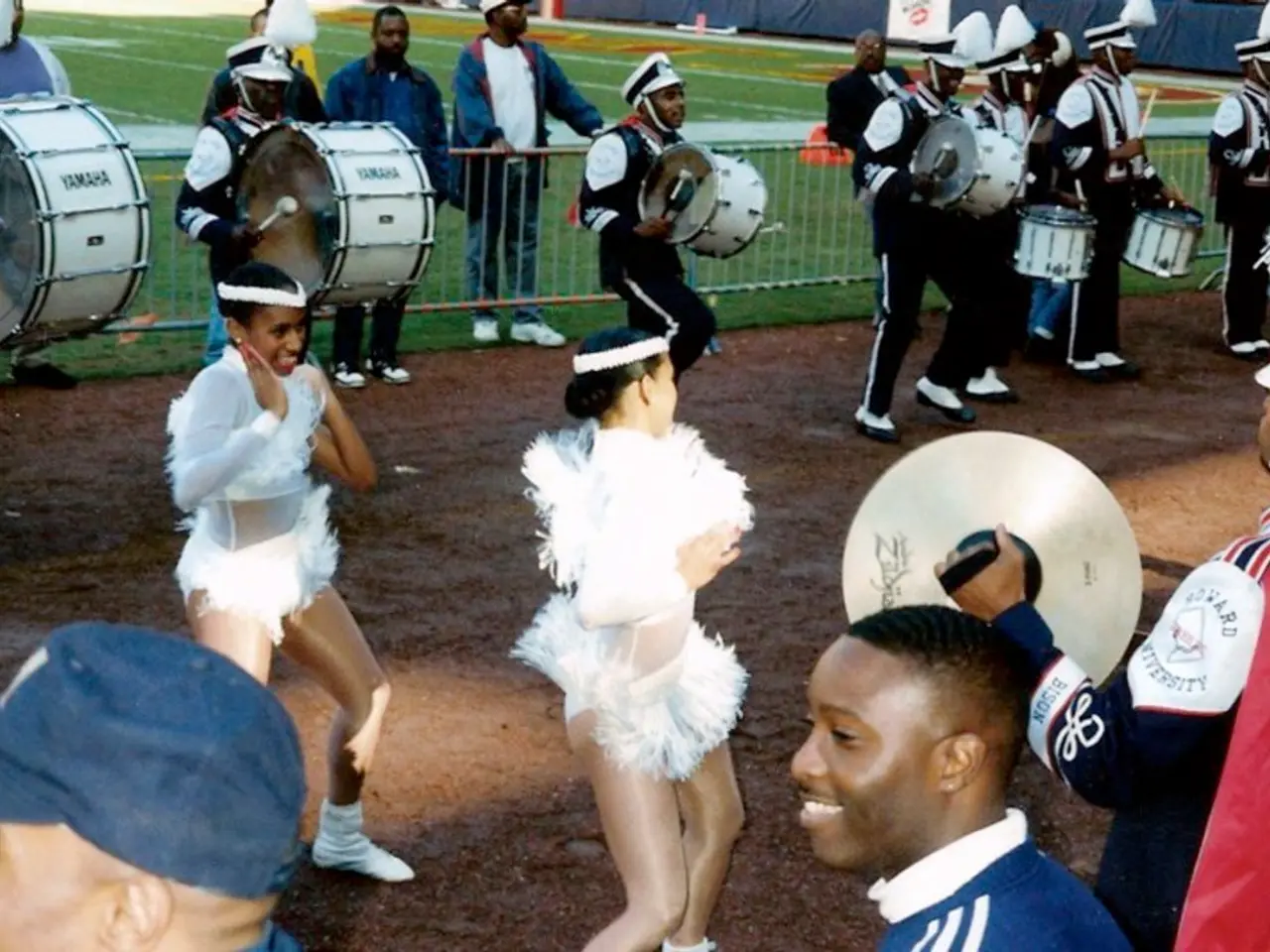Exploring the Social Critique and Cultural Influence of Rap Music in Urban Settings!
Hip hop, born in the South Bronx, New York City in the 1970s, has solidified its position as a powerhouse in the music industry and beyond. This genre, a fusion of DJing, emceeing (rapping), b-boying (breakdancing), and graffiti art, draws its roots from African oral traditions and Caribbean influences.
From humble beginnings, hip hop has evolved into a global cultural phenomenon that influences music, fashion, art, and politics on a worldwide scale. Its artistic outlet for African Americans and other minorities has been instrumental in blending political, social, and economic messages often rooted in Black Nationalist thought or pan-African ideology.
The impact of hip hop on society is multifaceted:
- Politics: Hip hop provides a platform to address systemic racism, police brutality, economic inequality, and social justice. Artists like Public Enemy, Tupac Shakur, and Kendrick Lamar fearlessly delve into political topics, amplifying marginalized voices and challenging power structures.
- Language: Hip hop popularized new linguistic expressions, slang, and poetic forms that have permeated mainstream English and other languages globally. Its rhythmical and rhyming speech has influenced language use beyond music, including everyday communication and literature.
- Fashion: Hip hop has established distinctive styles—baggy clothes, sneakers, baseball caps, and jewelry—which have evolved into major fashion trends influencing global youth culture and the fashion industry.
- Education: Hip hop has been incorporated into educational settings to engage students, teach history and social issues, and promote literacy through its poetic and narrative forms. It serves as a tool for cultural identity affirmation and youth empowerment.
Globally, hip hop inspires local scenes that adapt its forms to reflect their own cultural and social realities, such as African and South Korean hip hop, which similarly empower marginalized groups and provide alternative narratives and pathways to success.
Hip hop fosters unity among communities facing similar struggles, challenging authority and demanding accountability from society's power holders. Trailblazing artists disrupt established norms in hip hop, sparking important conversations about diversity and inclusivity. Through raw and unapologetic verses, hip hop artists ignite conversations and movements for change within urban landscapes.
Emceeing or rapping became a prominent feature of hip hop culture with artists like Grandmaster Caz and Melle Mel leading the way. Artists utilize their platform to illuminate societal injustices, political malfeasance, and struggles of marginalized groups. The genre's dominance extends beyond just music to shaping trends in fashion and language. The distinct style and self-expression found in hip hop fashion have been embraced by high-end designers and everyday consumers alike.
However, the depiction of women in hip hop verses has sparked intense debate. Gender and sexuality have long been enigmatic threads woven into the fabric of hip hop lyrics, but LGBTQ+ voices within hip hop advocate for acceptance and visibility, challenging heteronormative narratives.
In summary, hip hop originated as a culturally rich, community-centered movement in 1970s New York, drawing on African and Caribbean traditions, then evolved into a worldwide phenomenon influencing politics, language, fashion, and education by articulating marginalized experiences and reshaping cultural norms. The power of Hip Hop in galvanizing political engagement and reshaping conversations around pressing social issues cannot be denied.
- Beyond its origins, hip hop's influence extends to pop music as both genres often address social and political issues, shaping trends in the broader music industry.
- As an essential component of hip hop culture, education and self-development are fostered through its poetic forms, providing a platform for marginalized voices to share their stories and prompt social change.
- Seminal in the entertainment landscape, hip hop's impact transcends music, shaping cultural trends, sparking intellectual discourse, and fostering a sense of community globally.




